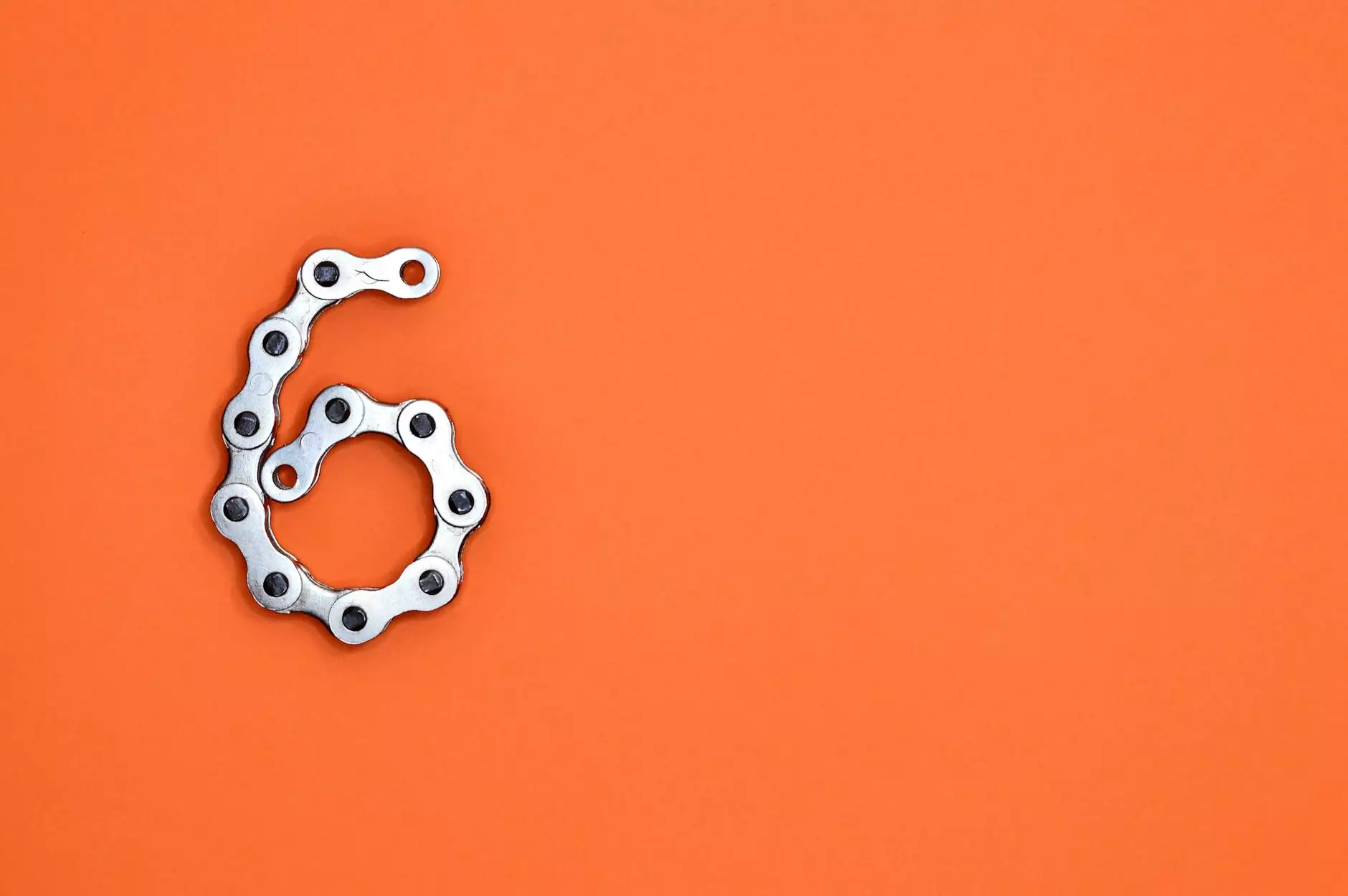Understanding Anti Anxiety Pills: A Comprehensive Guide

In today's fast-paced world, anxiety has become a common issue affecting individuals of all ages. Anti anxiety pills can offer significant relief for those struggling with this condition. This article delves into the various aspects of these medications, their types, mechanisms of action, and what you need to know when considering them as a treatment option.
What are Anti Anxiety Pills?
Anti anxiety pills are a class of medications designed to reduce anxiety symptoms. They work by affecting neurotransmitters in the brain, helping to restore balance and promote a feeling of well-being. Common types of these medications include:
- Benzodiazepines: Such as Diazepam and Alprazolam
- SSRIs (Selective Serotonin Reuptake Inhibitors): Such as Sertraline and Escitalopram
- SNRIs (Serotonin-Norepinephrine Reuptake Inhibitors): Such as Venlafaxine
- Buspirone: A non-benzodiazepine medication
The Mechanism Behind Anti Anxiety Pills
The functioning of anti anxiety pills varies based on their classification. Here's a closer look at how each category works:
Benzodiazepines
Benzodiazepines enhance the effects of a neurotransmitter called GABA. By increasing GABA activity, these pills promote relaxation and reduce the arousal associated with anxiety. They are typically prescribed for short-term relief due to the risk of dependency.
SSRIs and SNRIs
Both SSRIs and SNRIs gradually increase serotonin and norepinephrine levels in the brain, which helps improve mood and reduce anxiety. They are often used for long-term treatment and can take several weeks to show effects.
Buspirone
Buspirone works differently by affecting serotonin receptors directly, resulting in reduced anxiety without the sedative effects typical of benzodiazepines. It is considered a safer long-term option but may take time to become effective.
Benefits of Anti Anxiety Pills
The use of anti anxiety pills can offer multiple benefits:
- Rapid Relief: Especially from benzodiazepines that act quickly to alleviate anxiety symptoms.
- Improved Quality of Life: By managing anxiety, individuals can lead more fulfilling lives, engage in social activities, and pursue goals.
- Tailored Treatment: With various drugs available, healthcare providers can tailor treatments to individual needs and responses.
Common Struggles Faced by Anxiety Sufferers
Anxiety impacts daily life in numerous ways:
- Difficulty in performing everyday tasks due to overwhelming fear and worry.
- Social withdrawal from friends and family, leading to isolation.
- Physical symptoms such as increased heart rate, sweating, and restlessness.
- Substantial impact on overall mental health and well-being.
Important Considerations When Using Anti Anxiety Pills
While anti anxiety pills can be effective, there are crucial points to consider. Here are some guidelines:
- Consult Healthcare Professionals: Always speak with a doctor before starting any medication to avoid harmful interactions with other drugs or worsening of symptoms.
- Monitor Dosage: Taking the medication exactly as prescribed is essential to prevent dependency, especially with benzodiazepines.
- Awareness of Side Effects: Understand potential side effects such as drowsiness, confusion, or gastrointestinal issues, and report them to your healthcare provider.
- Combine with Therapy: Consider therapy methods such as Cognitive Behavioral Therapy (CBT) alongside medication for a more comprehensive approach to anxiety treatment.
Potential Side Effects of Anti Anxiety Pills
Like all medications, anti anxiety pills can have side effects. Commonly reported side effects include:
- Drowsiness: Particularly with benzodiazepines, which can affect daily activities.
- Confusion: Especially in older adults, leading to increased risks of falls.
- Withdrawal Symptoms: If abruptly discontinued, especially in the case of benzodiazepines.
Natural Alternatives to Anti Anxiety Pills
While some may opt for anti anxiety pills, there are natural alternatives that can be effective:
- Herbal Remedies: Such as Kava, Passionflower, and Ashwagandha, which have shown promise in reducing anxiety symptoms.
- Meditation and Mindfulness: Practices that promote calmness and mental clarity.
- Regular Exercise: Physical activity has proven benefits on mental health and can significantly reduce anxiety levels.
- Lifestyle Changes: Incorporating a balanced diet and proper sleep hygiene into daily routines can support overall mental health.
When to Seek Help
It's important to recognize when anxiety becomes unmanageable. Seek help if:
- Anxiety interferes with daily functioning and responsibilities.
- It consistently leads to physical health problems like high blood pressure or digestive issues.
- You're experiencing constant feelings of sadness or hopelessness.
Conclusion
Anti anxiety pills can be a lifeline for many struggling with anxiety, offering significant relief and the opportunity to regain control over their lives. However, understanding their mechanisms, benefits, side effects, and alternatives is crucial in making informed decisions. Always consult with a healthcare professional before beginning any treatment plan to ensure it aligns with your unique health needs. By combining medication with therapy and lifestyle changes, individuals can foster a holistic approach to managing anxiety and improving overall mental health.
For more information on anti anxiety pills and other health-related products, visit topchemicalshoponline.com.









